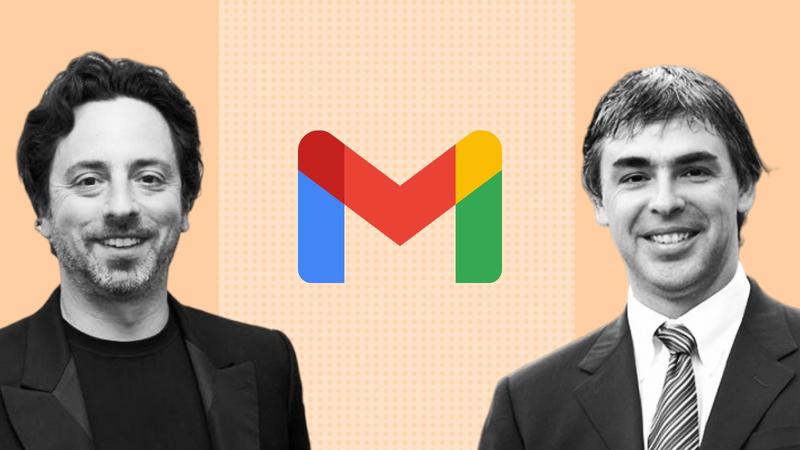Published 14:19 IST, April 1st 2024
From April Fool hoax to passport of internet: The 20 years of Gmail
Gmail's impact on communication extends beyond personal use. It has become an essential tool for businesses, enabling seamless collaboration among team members.

April Fool's Day: Twenty years ago, on April 1, 2004, Google did something unexpected—it launched Gmail. Many believed it to be an April Fool prank due to its unbelievable features: a massive 1 gigabyte of storage, offered for free at a time when paid email services were the norm. But it wasn't a joke; Gmail was real, and it was about to change the way we perceive email forever.
Gmail wasn't just about storage; it revolutionised email with its lightning-fast search capabilities. No longer did users have to worry about managing their inboxes or deleting emails to make room for new ones. Gmail's giant storage limit and powerful search engine solved these problems, making email management a breeze.
Journey of innovation

Over the years, Gmail has evolved, introducing themes, mobile apps, and various features like smart replies and summary cards. Despite these changes, Gmail has remained largely the same, a testament to its enduring popularity and reliability.
Today, Gmail serves as a passport for the internet, tying together our digital identities and serving as the gateway to our online activities. It's where we receive important communications, access our bank accounts, manage our healthcare, and much more. Our Gmail address has become synonymous with our online presence, reflecting who we are in the digital world.
Gmail's impact on communication

Gmail's impact on communication extends beyond personal use. It has become an essential tool for businesses, enabling seamless collaboration and communication among team members. With features like Google Workspace (formerly G Suite), Gmail has transformed the way companies operate, allowing for remote work and virtual collaboration on a global scale.
Privacy concerns
As Gmail's user base has grown, so have concerns about privacy and security. Google has implemented various measures to address these concerns, including robust encryption protocols, two-factor authentication, and advanced spam filters. However, privacy advocates continue to raise questions about data collection and surveillance practices.
The rise of competitors
Despite its dominance, Gmail faces stiff competition from other email providers, including Microsoft Outlook and Apple Mail. These competitors offer similar features and functionality, prompting users to weigh the pros and cons of each platform. However, Gmail's expansive ecosystem, integration with other Google services, and innovative features continue to set it apart from the competition.
Future of Gmail
But what does the future hold for Gmail? As online communication continues to evolve with the rise of messaging apps and corporate tools like Slack, the role of email may change. Yet, Gmail remains a vital part of our digital lives, offering a searchable archive of our memories and experiences.
Gmail has had a remarkable journey in the last 20 years. From its humble beginnings as a revolutionary email service to its current status as a cornerstone of the internet, Gmail has left an indelible mark on the digital landscape. Only time will tell if Gmail will hold its dominance in the next 20 years, however, one thing's for sure: Gmail's journey, from an unbelievable prank to a digital diary, has been a wild ride.
Updated 20:16 IST, April 1st 2024



